Books on the Wall blog posts covering classic literature, classical authors, and everything in between.
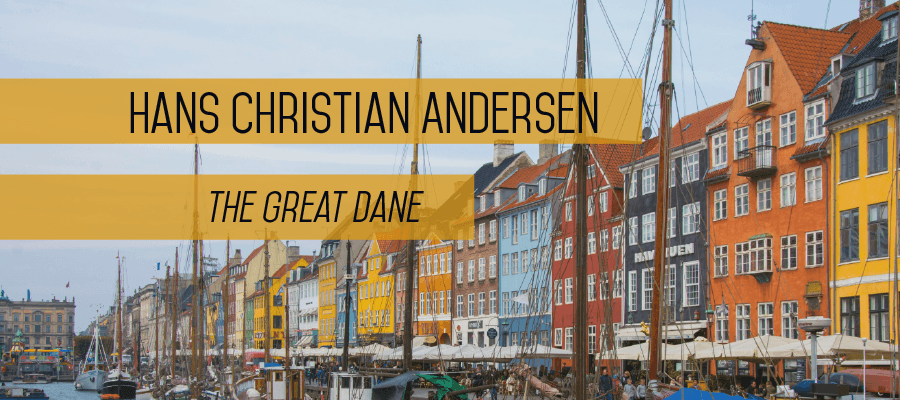
If you’ve ever taken a trip to Copenhagen, you’ve probably strolled through Assistens Cemetery. This famous area serves as the final resting place for some of Denmark’s finest minds. Just a few luminaries buried here include philosopher Søren Kierkegaard, artist Christen Købke, and physicist Niels Bohr. But most visitors to Assistens Cemetery only want to see one site: the grave of the beloved children’s author Hans Christian Andersen. Tomb of Hans Christian Andersen by Stefano Bolignini, via Wikimedia Commons With the possible exception of Shakespeare’s Prince Hamlet, Hans Christian Andersen is probably the best-known Dane of all time. Heck, Andersen even […]
Continue Reading
This poignant Thomas Hardy quote comes from his 1891 novel, Tess of the d’Urbervilles: A Pure Woman Faithfully Presented. Tess of the d’Urbervilles by Thomas Hardy Tess of the d’Urbervilles takes place in Wessex, a fictional region that Hardy uses in several of his works. It follows the titular character, Tess (whose surname is actually Durbeyfield, a lower take on the original noble form). Through Tess’s experiences with romance, courtship, and loss of virginity, we see the difficult social expectations and sexual double standards that women faced at that time. Throughout the novel, Hardy questions the nature of morality, worded thus by […]
Continue Reading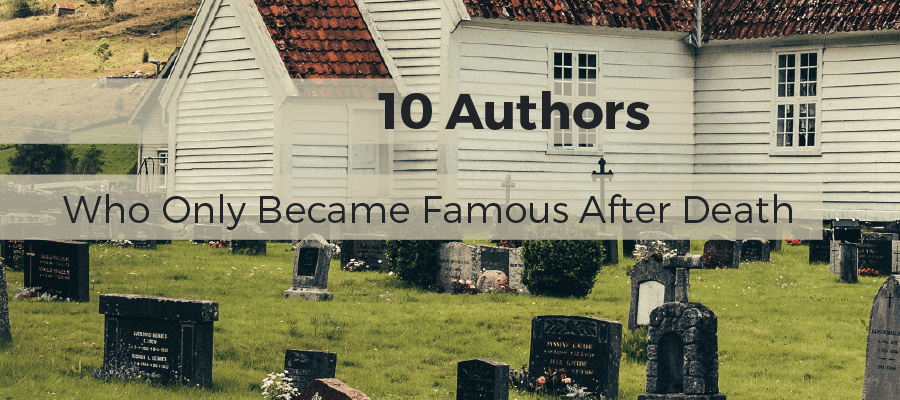
Artists are often called the “antennae of the race.” Writers, painters, and musicians see things we normal mortals just can’t see. Sometimes it takes decades for the general public to understand what a truly gifted literary mind was trying to communicate. In this list, you’ll find ten of the finest authors from around the world, all of whom share one sad fact: they were only fully appreciated and made famous after death. Famous authors who reached posthumous fame 1. William Blake (1757-1827) Contemporaries called him mad. But today William Blake is universally recognized as a poetic and artistic genius. He was born in […]
Continue Reading
This Ernest Hemingway quote comes from his acclaimed short novel The Old Man and the Sea. The Old Man and the Sea by Ernest Hemingway Written in 1951 during a stay in the Bahamas, The Old Man and the Sea tells the story of an aging fisherman named Santiago and his quest to break his unlucky fishing streak by catching a large marlin. Santiago fights delirium and sharks in his attempt to wrangle the large marlin and bring it home. The Old Man and the Sea won the Pulitzer Prize for Fiction in 1953. One year later, Hemingway was awarded the […]
Continue Reading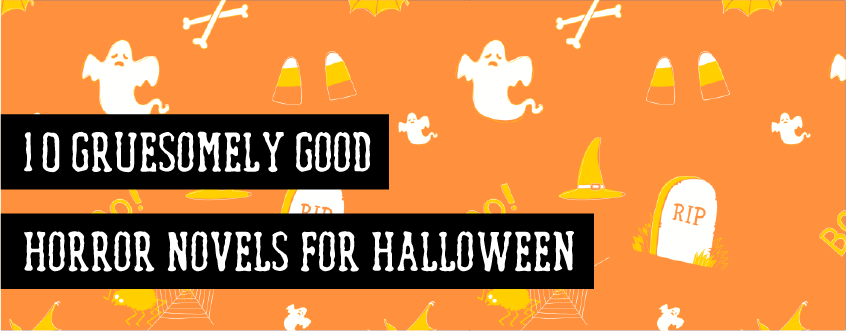
October is a month for all things ghastly, ghoulish, and, well, just plain weird. If you want to really get into the Halloween spirit, there are plenty of spine-tingling horror novels sure to spook the living daylights out of you. Do you want to know what they are? Ah, you are a brave reader, aren’t you? But beware, fair reader. These books have been known to drive perfectly sane men into the madhouse. We cannot take any responsibility for the nightmares you may experience after perusing these bloodcurdling books. Below you will find thirteen of the best horror novels ever […]
Continue Reading
This Leo Tolstoy quote comes from “Three Methods Of Reform” in Pamphlets: Translated from the Russian (1900). A longer variant of the quote goes like this: There can be only one permanent revolution — a moral one; the regeneration of the inner man. How is this revolution to take place? Nobody knows how it will take place in humanity, but every man feels it clearly in himself. And yet in our world everybody thinks of changing humanity, and nobody thinks of changing himself. Although Tolstoy is perhaps most well known for his lengthy works of fiction, he was a prominent social and […]
Continue Reading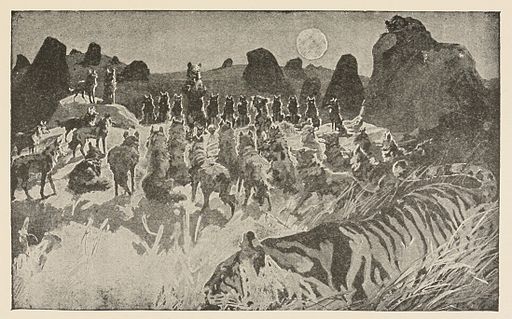
Thanks in large part to Disney’s many animated and live-action adaptations, few children in the entire world have grown up without some notion of the fantastical world of Mowgli, Baloo, and Shere Khan. But how much do children—and you—know about the original Jungle Book characters and stories by Rudyard Kipling? The Jungle Book by Rudyard Kipling Joseph Rudyard Kipling first published his collection of stories that would later come to be known collectively as The Jungle Book in magazines back in 1893 and 1894. First edition copy of The Jungle BookPhoto from Wikicommons At the time these stories were written, Kipling lived […]
Continue Reading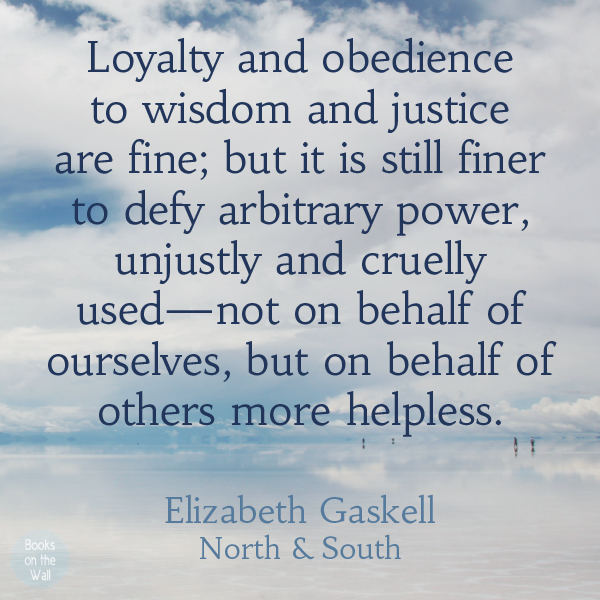
North and South Book (1854) This quote comes from Elizabeth Gaskell’s acclaimed novel North and South. Gaskell’s third novel, North and South was originally published in serial form in Charles Dickens’ literary magazine Household Words from September 1854 to January 1855. Like many Victorian novels, North and South is a social novel that sought to expose the plight of the working poor in England. The novel follows the main character Margaret Hale as she moves from the tranquility of the rural South to a cramped, dirty, and rapidly industrializing mill town in the North. Margaret is forced to face her own prejudices […]
Continue Reading
What is a serial novel? A serial novel is a work of fiction that is published in sequential pieces called installments. These installments can be published at nearly any interval for nearly any period of time, though weekly and monthly installments are most typical. Serialized novels have traditionally been published by literary magazines, newspapers, and other periodicals. In fact, the breakout hit podcast Serial got its name from this style of publishing a story in installments. Some serial novels—like The Woman in White by Wilkie Collins—were written specifically for that format, while others—like parts of Middlemarch by George Eliot—were originally intended to be a […]
Continue Reading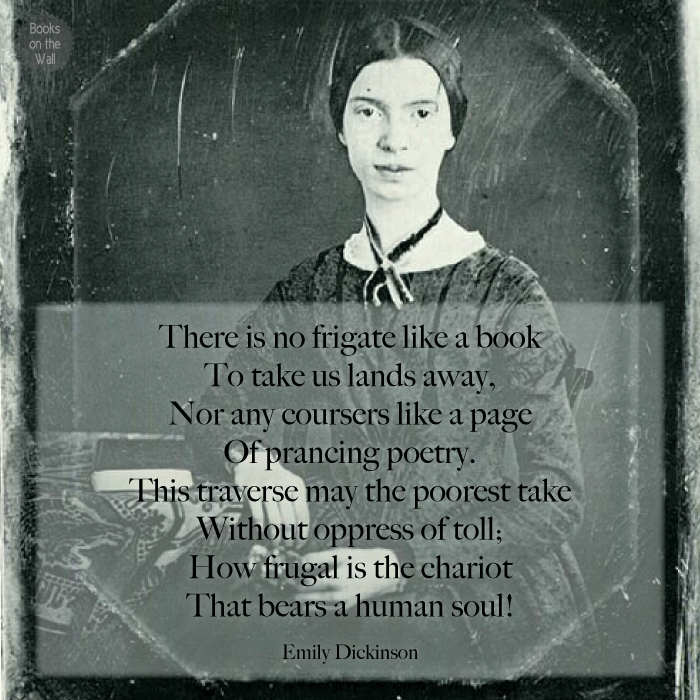
This quote comes from a poem by Emily Dickinson. Emily Dickinson was an early American poet who lived in Amherst, Massachusetts. Dickinson’s poems are often short and unnamed, and they typically focus on themes of human mortality and death; in fact, most of her work was published posthumously. One of our favorite Dickinson poem, of course, speaks to the power of books: There is no frigate like a book To take us lands away, Nor any coursers like a page Of prancing poetry. This traverse may the poorest take Without oppress of toll; How frugal is the chariot That bears […]
Continue Reading